Janet writes as if she were having coffee with you. I read her interview as if she was talking to me, I feel like I know her a bit. I know her book has that same feeling of invitation to her past and who she is.
Who is Janet Luongo, the woman behind Rebellion, 1967: A Memoir?
I am a feminist, straight, cis-gendered woman, married happily to a feminist, straight cis-gendered man for 45 years. I have a son who has a wife and 5-year-old daughter, making me a mother and grandmother. I am a sister of two independent feminists: one, married, with a thriving therapy practice; the other, single, an astrologist and successful massage therapist who has lived for over a decade in Cuenca, Ecuador.
I am an author of a book on creativity as well as the memoir recently published. and a presenter of stories, speeches, readings, workshops, and educational/training programs. I am an artist and activist for gender, racial, electoral and climate justice. I am a Unitarian Universalist (UU), whose ministers were the first to officiate same-sex marriages. UUs welcome LGBTQ+ and follow initiatives of the Black Lives Matter movement.
I was born and raised in New York City, and lived on Long Island, NY. For eight years my husband and I lived in Switzerland where we taught at the International School on Lake Geneva. Women there got the vote only in 1972 (!), and they marveled at how my husband took a turn to shop and do laundry. For the past 35 years, we have enjoyed Connecticut. We live in Norwalk with our cat, Lucky, feeling fortunate to have time to spend with loved ones, and to write, travel and volunteer.
In the 1960s, I worked for civil rights in Black communities. In 1990, I founded a nonprofit chapter of Women’s Caucus for Art, a feminist organization of the national College Art Association. Currently, I offer meditation, organise worship services and, most summers, preach a sermon for my UU congregation.
I worked as an art teacher most of my career, for students of all ages, in all different types of environments, Kindergarten to college, in museums and in schools -- international, public and private. I’ve had jobs as a mural painter, bookstore clerk, waitress, art model, as well as a Sunday school teacher and assistant director of family faith development.
During my twenty-year museum career in Bridgeport, one of the poorest cities in Connecticut, I developed programs for under-served youth, Face it: We're Different, We're the Same, which was very meaningful for me. I matched up mostly Black and Brown 4th grade children with mostly White suburban children to work together on projects, like painting each other’s skin tones, where they got to know and like each other. At the art museum at Housatonic Community College, students learned critical thinking as they reflected on what art works meant to them, then learned leadership skills by guiding their peers to do the same.
In 2018, the Unitarian Universalist women's group of the Westport, Connecticut, congregation, asked me to design s program series called "Women, Spirit and Imagination," and we formed teams to work on gender equity and #MeToo issues in our congregation and beyond.
Why did you decide to write this book? What is the story behind it?
Truly, it felt more like the book decided it was time for me to write it! The girl I was, whom I've carried within my heart for fifty years, drove me to tell her story. I believed it to be a damn good story - a year of passion and turbulence, when I learned about my own self, my family and the society we lived in.
I came of age as our country was also coming into her own. I marched with Rev. Dr. Martin Luther King Jr., who pressured presidents to finally live up to the American ideals we claim. These liberation movements born in the Sixties that I participated in -- freedom for Black people, youth and women -- inspired demands from other groups: The Indigenous and Dreamers, LGBTQ+ and #MeToo.
In my memoir I write about my mother's realisation that to be independent from an alcoholic husband, she needed freedom to educate herself and land a good job. In 1966, after reading the Feminine Mystique by Betty Friedan, which exposed the trap of being a suburban housewife, Mom finally found the courage to divorce my father. Gloria Steinem, who later founded Ms. magazine, aptly said, "The truth will set you free, but first it will piss you off."
That same year, 1966, at age seventeen, I felt motivated by truth, freedom and anger that Steinem quips about. After her divorce, my mother believed that her survival, as well as that my younger sister and me, depended on our ability to attract men. A former model, my mom was a magnet for the gaze of men. My striking older sister had already married, and Mom may have figured my younger sister -- also beautiful with silky long hair and a voluptuous figure -- would follow when the time came. But what about me, a serious scholar with frizzy hair, thin lips and small breasts? My body's failure to conform with the prevailing concept of female beauty became a matter for our family doctor. After examining me, he prescribed the new wonder drug, The Pill, which played no small role in the sexual revolution of the decade. He told us that the hormones might lead to more development. Didn't happen.
No matter. In short order, I found a high school sweetheart -- a kind, handsome classmate who made me laugh all the time. My married sister let us use her home to make love. When I started college, we broke up, and when I took a break from college the next term, I met a young man several years older whom I allowed to seduce me. He was interested in how easily I reached orgasm. I credited that to self-discovery through masturbation, which I write about in my memoir. He vowed deep love for me, but in the era of "free love," he had zero interest in commitment.
Rewind to the laissez-faire way in which I was raised. My father had pulled the family out of the Catholic Church, largely because my parents needed more than the rhythm method to prevent another pregnancy, after my mother almost died with the third one. Priests told them birth control was a mortal sin. I feel fortunate that they found the Unitarian Universalist religion, which remains my faith today. UUs believe babies are born, not with sin, but with innocence, and are inherently worthy. UUs believe in sex education and in being responsible about sex, engaging with people you care about and in protecting yourself. In current culture, a term for that might be "sex positive."
A current friend of mine, a former nun, recently observed that in my teens I'd been "unsupervised," a term I find charming. My husband called the laissez-faire style of my parents "benign neglect." They felt they didn't have to pay a lot of attention because I was basically a well-behaved girl bent on going to college who studied constantly. Their neglect did seem "benign" to me, leaving me alone to do what I wanted.
After the divorce, my mother married again and divorced again within months, then made what seemed to me a ridiculous attempt to reconcile with my father. Pissed off, I said, "Though I'm only seventeen, I'm mature enough to go to college, and I want to live on my own!" To my surprise, our parents conceded, and set up my younger sister, sixteen, and me in our own apartment in Jamaica, New York City. When I told my parents, after one term in college, I wanted to drop out to work at a bookstore and study art at night, hardly an objection was raised.
The spring of 1967, I joined the march to the United Nations that Rev. Dr. Martin Luther King Jr led for peace and freedom. At art school I met a talented multi-racial musician and we hit it off. My parents did object to this relationship, which again pissed me off, and I hit the road with the saxophone player. A crystal ball is not needed to foresee problems. All the troubles I faced taught me that I had the strength and grit to prevail.
What impact do you want on your readers?
Dear Reader: I hope my story motivates you to examine yourself, accept the whole of you, especially parts you may not like. Learn, grow, and commit to being better. Accept the contradictions in others too. Develop compassion for yourself and others. Forgive, and ask for forgiveness, and work together for the common good. Never stop believing in yourself, and don't give up when you're down. Keep your hope that life offers infinite possibility for change. Henry David Thoreau said, "Move in the direction of your dreams." This is important and it works: Know what you want, picture the highest good for yourself and others, and your visions are likely to become reality!
What has been your biggest learning since you started?
I learned that people who want to avoid being judged may create a false persona. The trouble is they never feel loved for who they truly are. When I first fell in love with my husband-to-be, I told him my full story, and he said, "I admire you for healing yourself." When I started writing and speaking, I learned that expressing my truth about personal troubles and triumphs allowed people to feel more free to bravely tell the truth about their own lives.
When the #MeToo movement started, my UU congregation invited people to share their stories, but I was one of few dared to come forward. I related an event of sexual aggression I experienced during the year I ran away from home. Afterwards I felt nothing less than loving support from my congregation. Recently a friend told me she enjoyed following my evolution from the time I shared my story so honestly, to the success of publishing my memoir.
I learned to take calculated risks. Perceived failures may be the biggest gifts we get, if we see them as life lessons, rather than something to hide. For scientists, an experiment gives information on what to do AND what not to do. As a creative person, I explore many ideas and approaches before I find the ones that are right for me.
What is the goal? The big vision of what you would like to achieve?
I envision a democracy that is just and equitable for ALL.
I celebrate saying farewell to days when feminism was defined by and for straight cisgender white women.
I see children of every gender, color, ability, and income all receiving a first-rate education in updated schools, with curricula that include histories (and "herstories") of all the ethnic and racial and cultural groups in the country and the world.
I applaud women entering fields besides nursing and teaching, (to which they were limited until the mid-20th century) and being able to choose nursing or teaching if that's what they do prefer. (I myself enjoy being a teacher.)
I support people's right to determine for themselves how they identify and express gender and sexuality, and to choose who they want to love and partner with.
I envision the majority embracing a woman's right to choose and rejecting forced birth and ignorance about sexual development and protection from unwanted pregnancy. I envision a single woman who chooses to have a child receiving proper assistance and excellent health care and day care so she can work if she chooses.
I hear people of all kinds enjoying lively conversations, freed up to share their talents and thoughts with each other, enhancing relationships and our whole society.
And now the questionnaire!
What is Feminism for you?
Feminism encourages all genders to express their true selves, be comfortable in their bodies, love themselves, and share love the way they want. Feminism works for full access to equal opportunity in education and career and all endeavors. In its opposition to stereotyping, discrimination and oppression, feminism benefits all genders.
Which “everyday sexism” really bothers you?
The Invisibility of contributions by older woman.
The constant parade of men who think they are entitled to grope a woman's body whenever they feel like it!
Do you remember when you started identifying as a Feminist and why?
In the 1960s with the "Burn the Bra" campaign. I didn't need a bra, didn't want one. That was the second wave of feminism, after the suffragist movement earlier in the century.
In 1989, on the cusp of the third wave of feminism, I joined the weekend workshop, "No Limits for Women Artists," led by Betsy Damon. On her urging, I attended the national convention of the Women's Caucus for Art (WCA) in New York City. I saw exhibits where women created art about their own bodies, about the Earth's body, and invented new ecological art practices such as installations, earth art and performance art. I felt inspired by the original and radical themes not usually represented in the museums and galleries I frequented (99% male and White). I learned of The Guerilla Girls, who challenged the status quo by plastering hilarious anti-sexist posters on gallery doors. WCA intentionally reached out to include Black, Brown, Asian and Indigenous sisters of all classes and gender identity. Together, we re-learned hidden history from books such as The Chariot and the Blade by Riane Eisler; The Language of The Goddess by Marija Gimbutas, and The Dinner Party, illustrating an exhibit by Judy Chicago featuring over 100 great goddesses and women in the past, now on permanent display in the Brooklyn Museum, NYC.
After years in the more patriarchal Switzerland, I felt I'd returned to my feminist sisters in the U.S. I jumped in and formed a chapter in Connecticut. I dared to venture into performance art, using my own material, and a series of poems by my friend, Vera Schwarcz, about a miscarriage. Performing in local venues -- the Aldrich Museum, and university galleries, including Harvard -- the strong emotional responses from audiences confirmed the power of women's stories.
Who is your biggest feminist role model?
Michele Obama
What is your favourite feminist quote?
"It is not 'differences' that divide us. It is our inability to recognize, accept and celebrate those differences." - Audre Lorde
What is your proud feminist victory?
I'm proud to have founded in 1990 a nonprofit organization, a Connecticut chapter of the feminist Women’s Caucus for Art, part of the national College Art Association. In fifteen years, to make women artists more visible, we mounted over forty exhibits, and produced a film by Lisa Seidenberg, Women Make Art, that was screened at a UNIFEM festival in Sarasota, Florida.
What is your feminist recommendation?
- Book: The Dinner Party by Judy Chicago
-TV show: The Marvelous Mrs. Maisel
- Film: Color Purple, with Whoopie Goldberg
What is your feminist call of action to whoever is reading?
Be who you are - body, mind and spirit. Express love your own way.
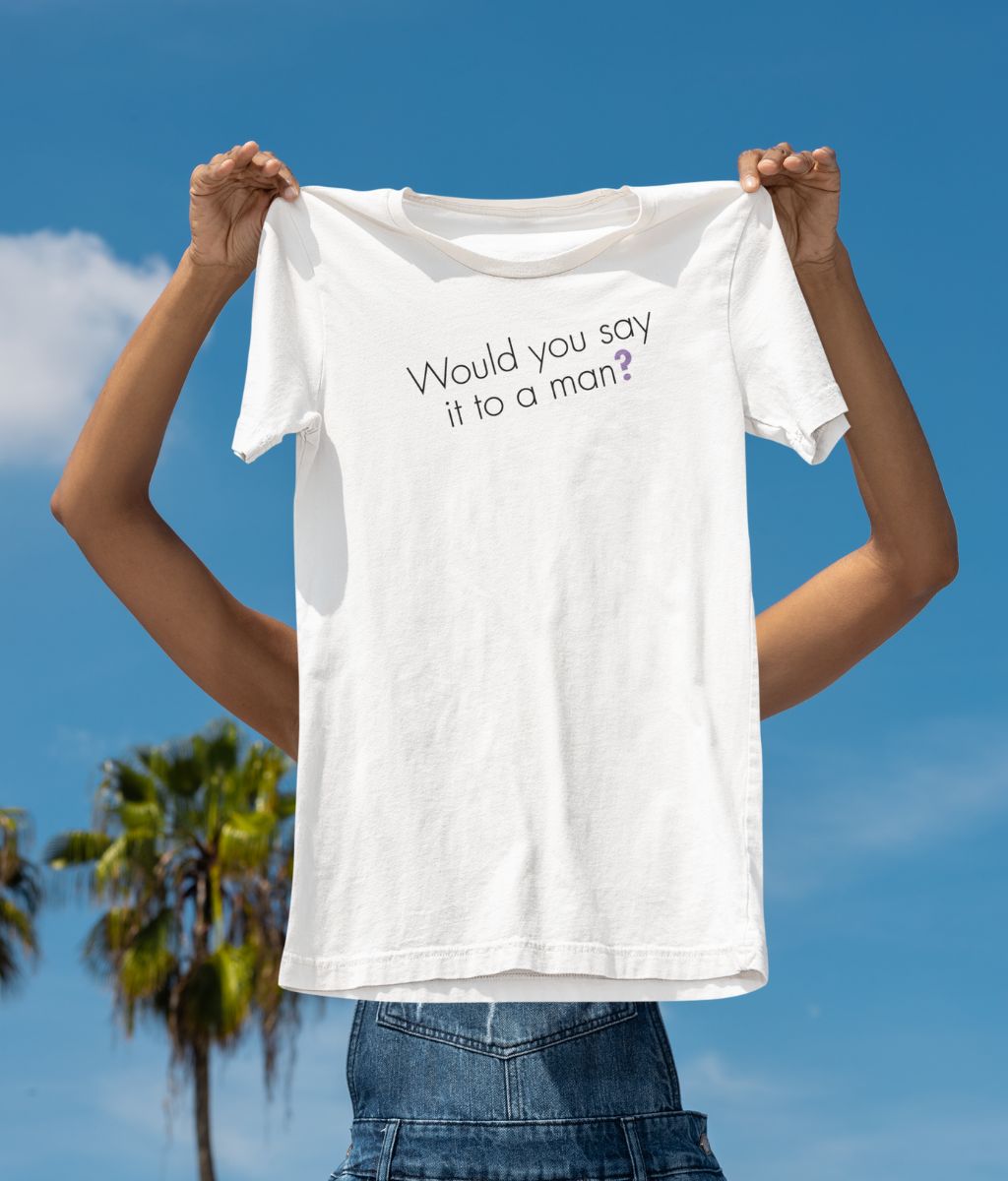
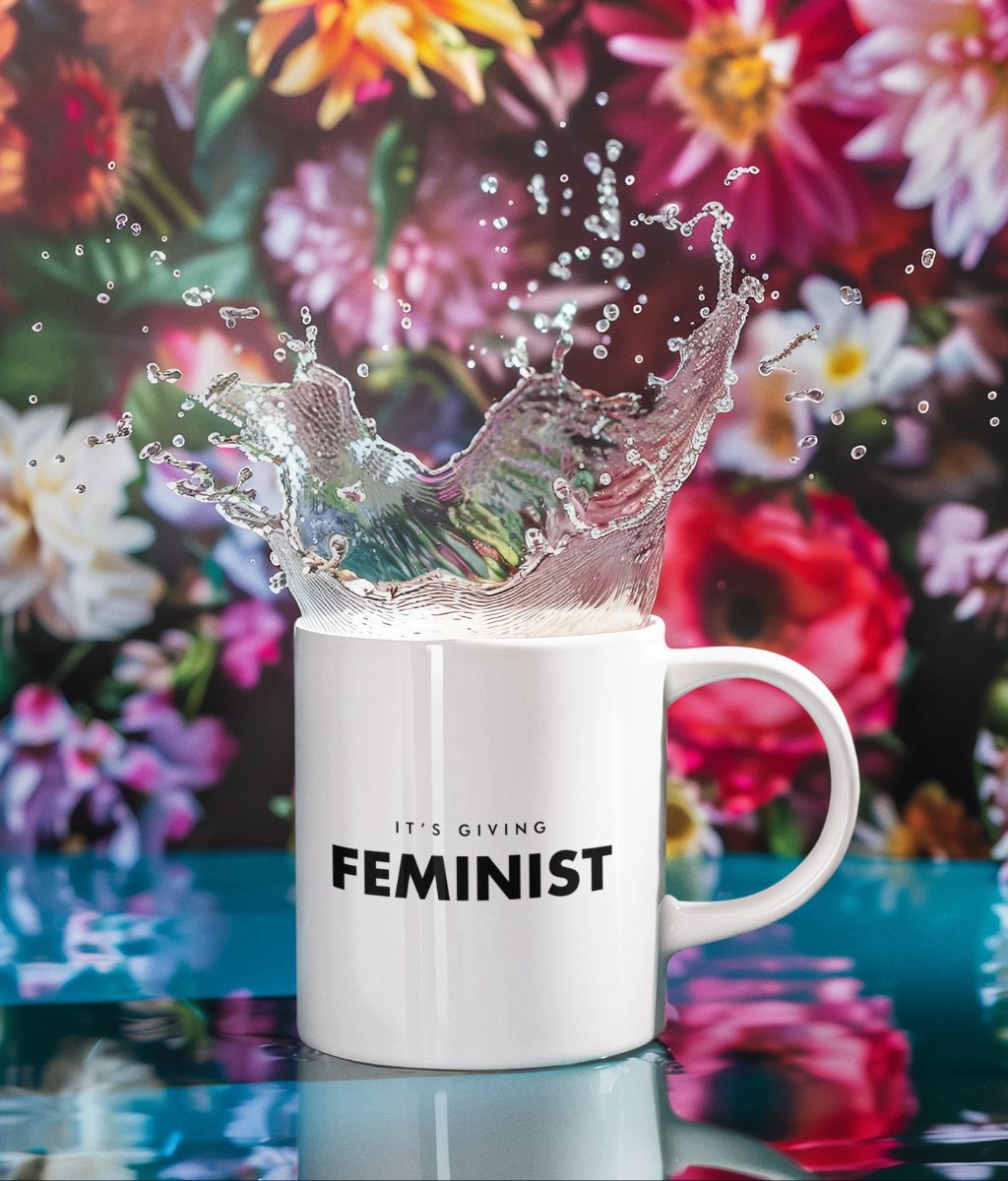

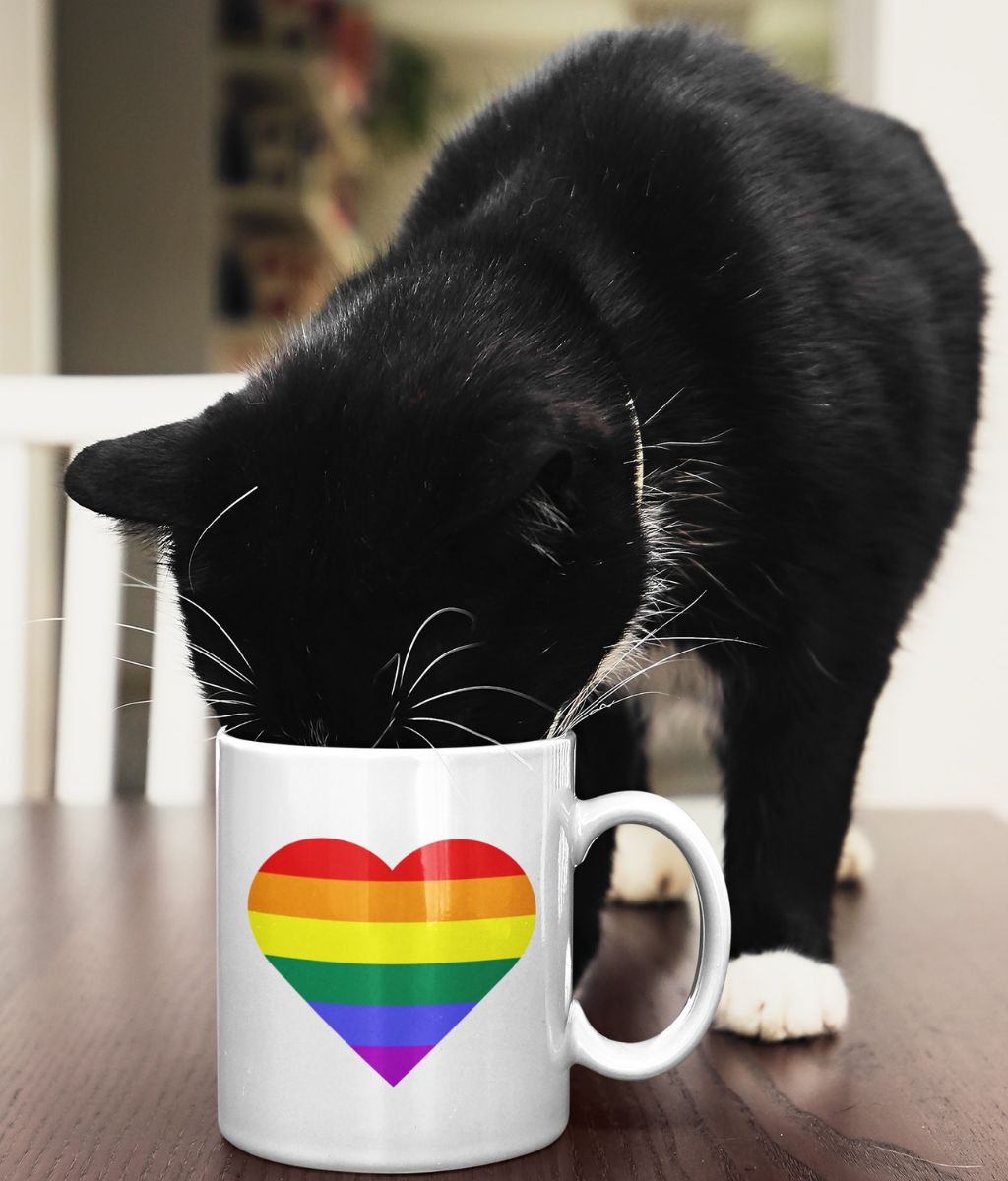
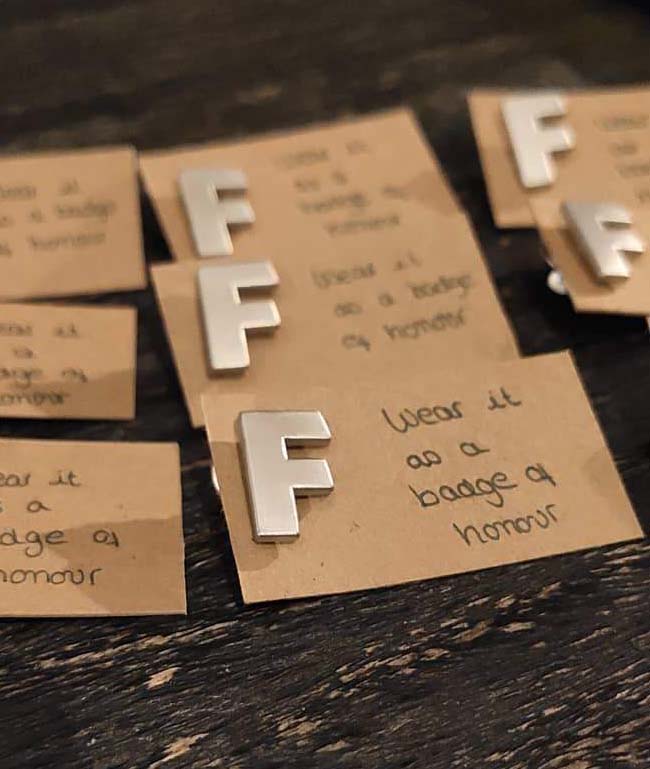
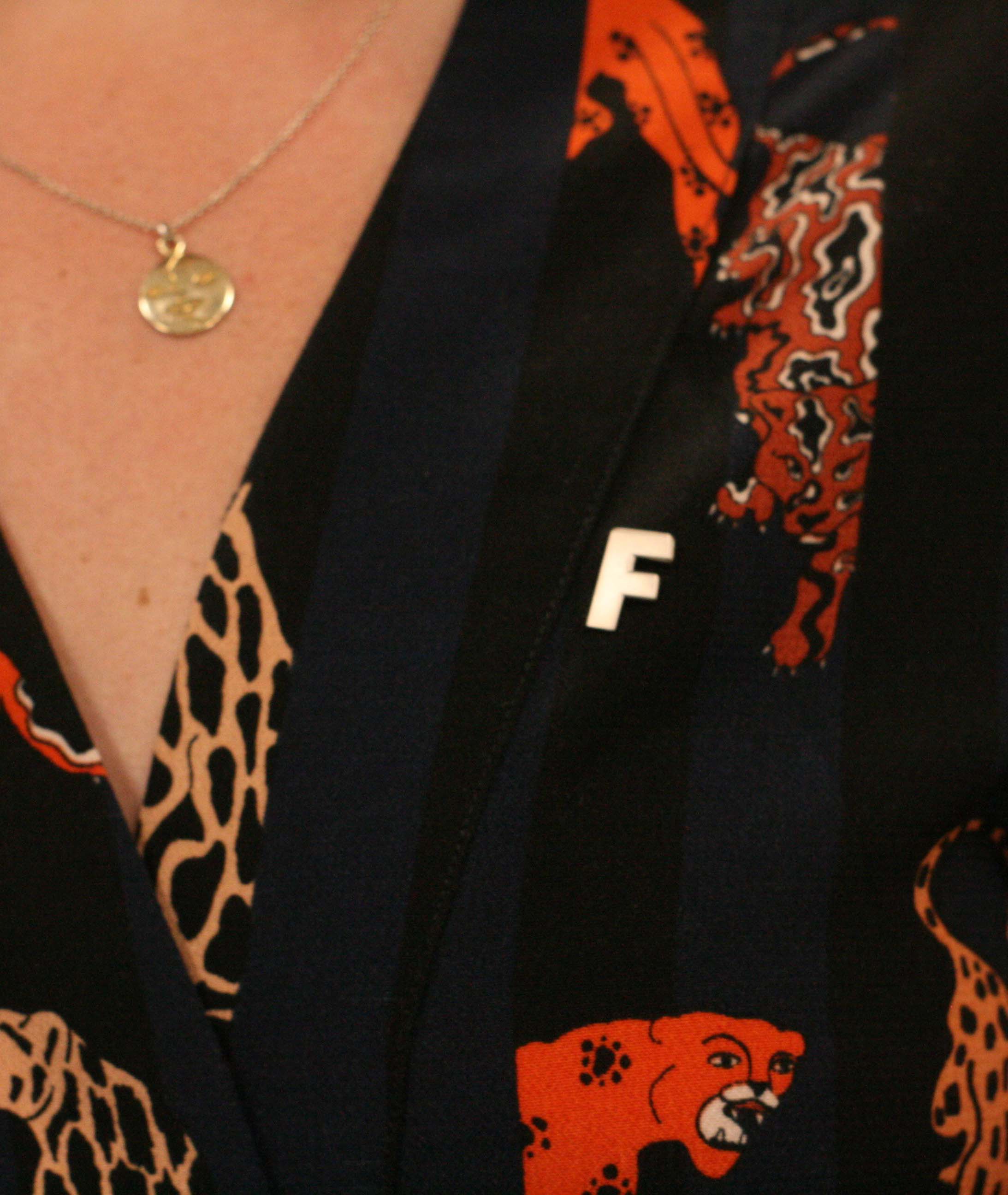
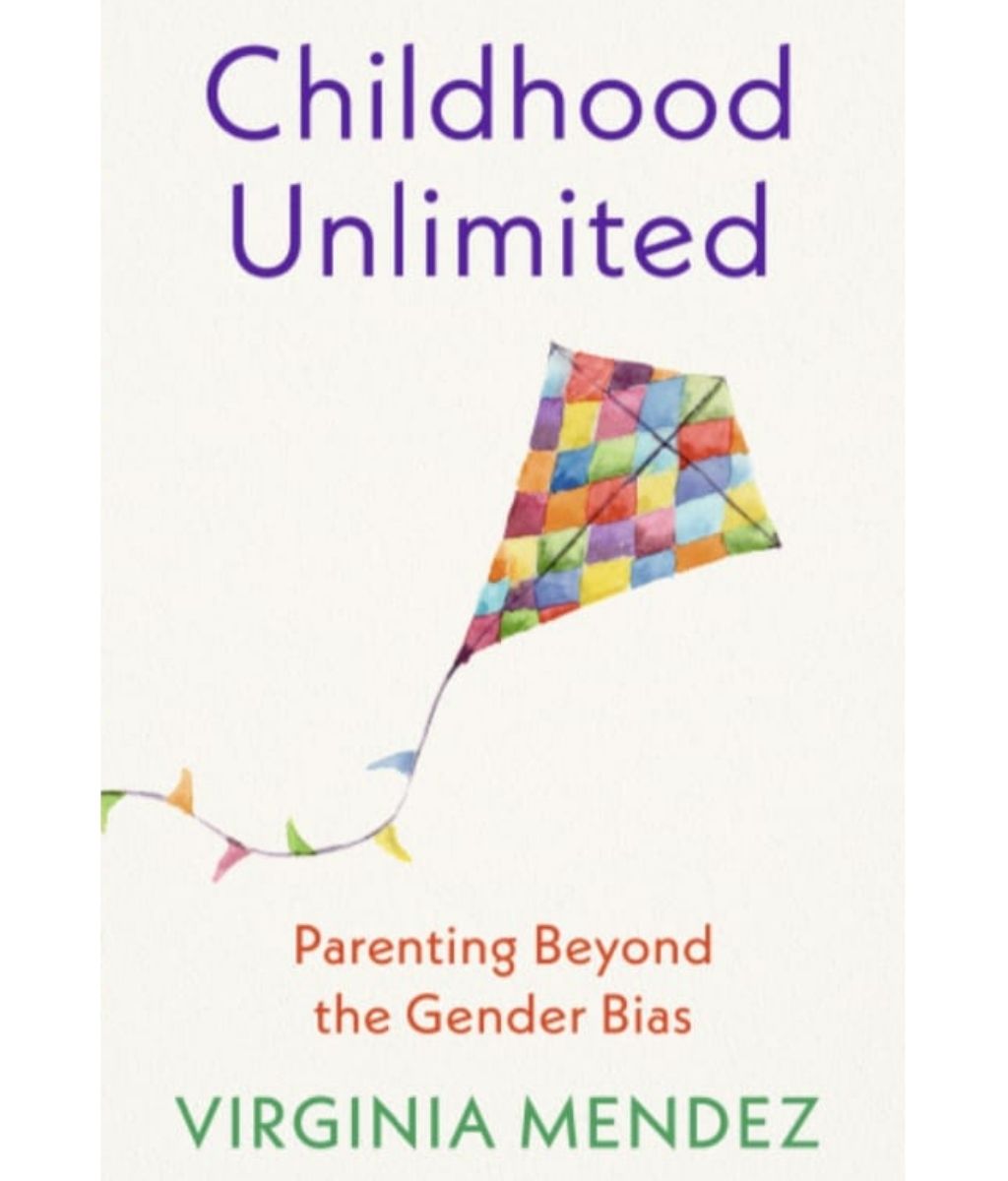
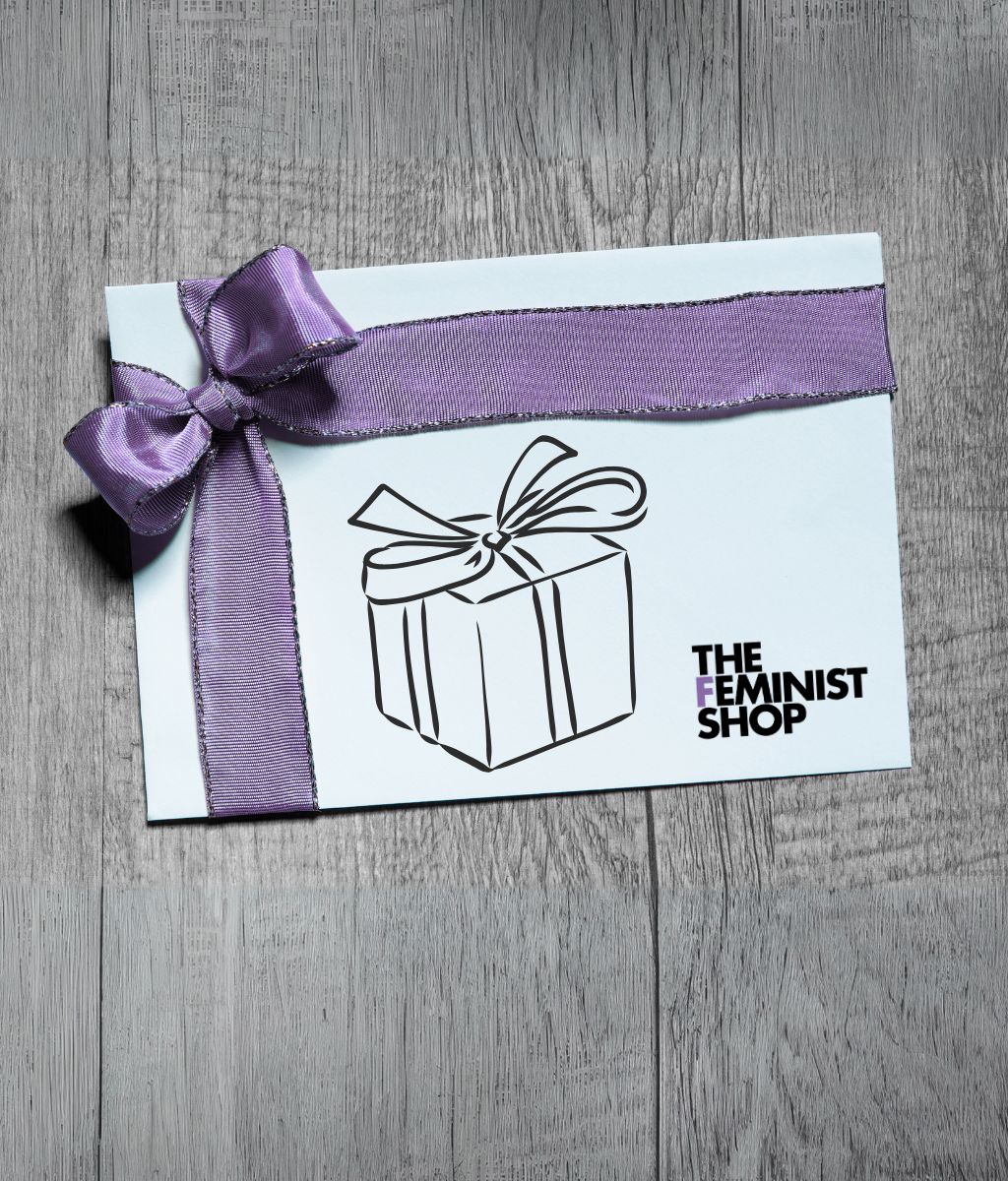
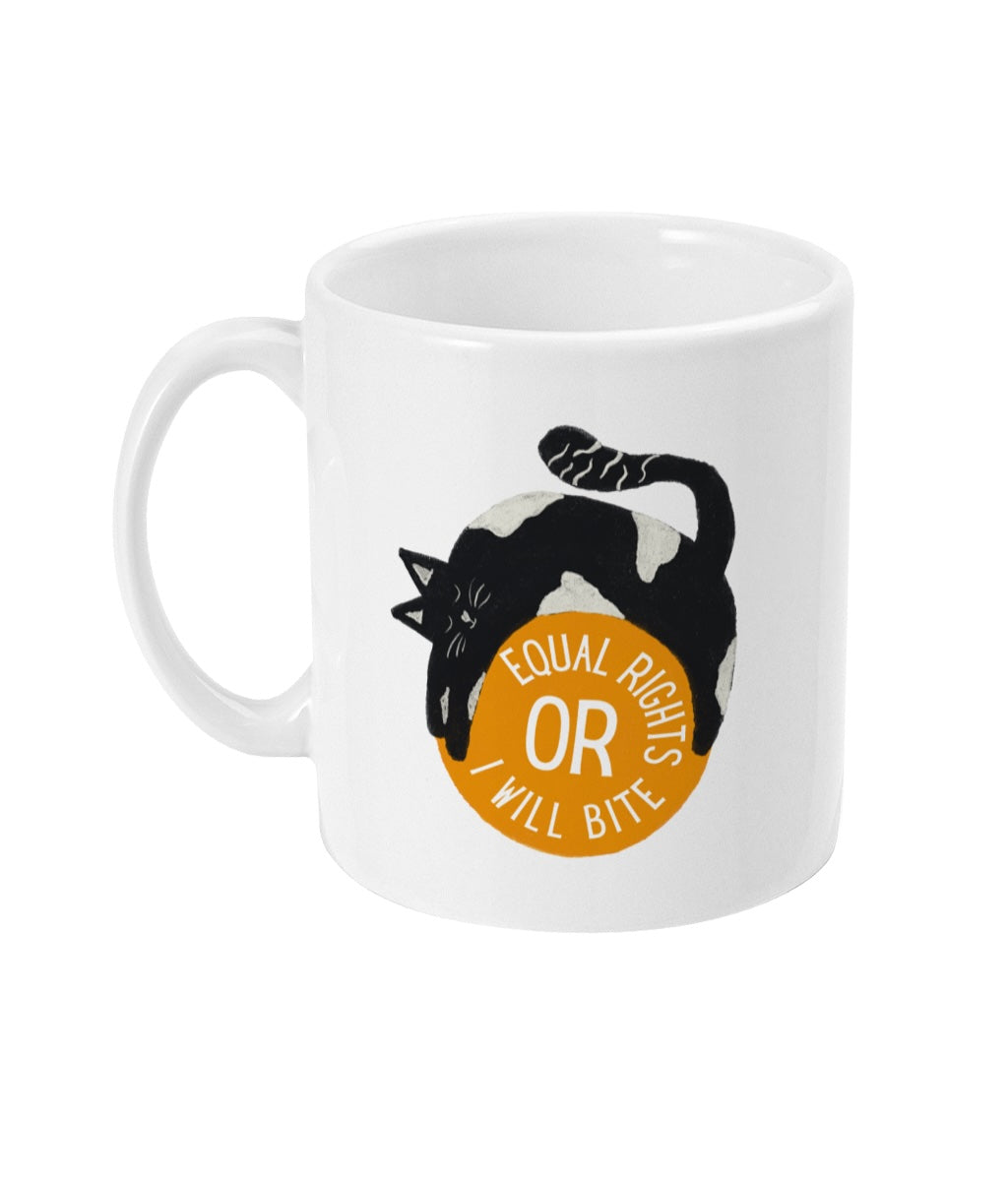
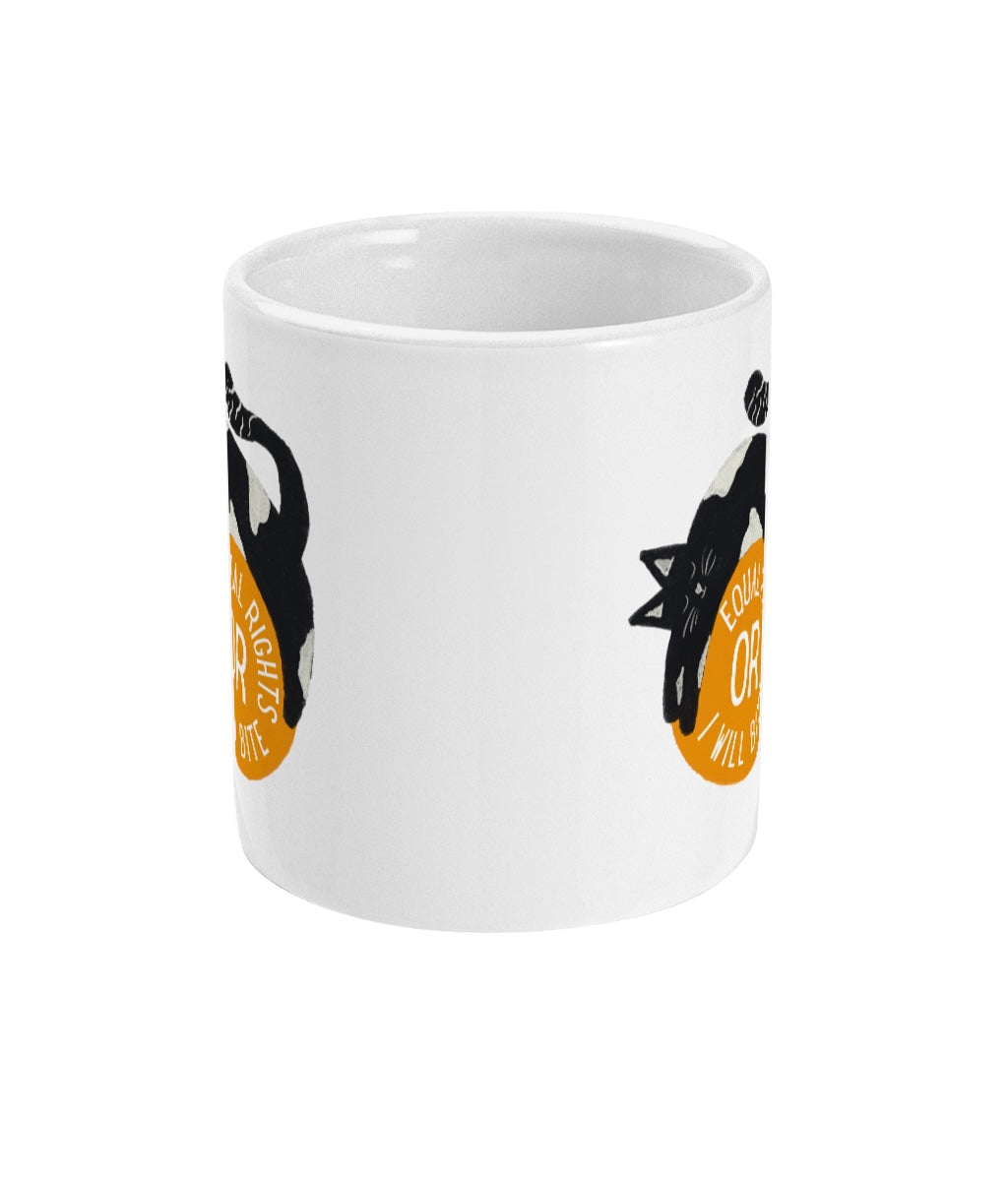
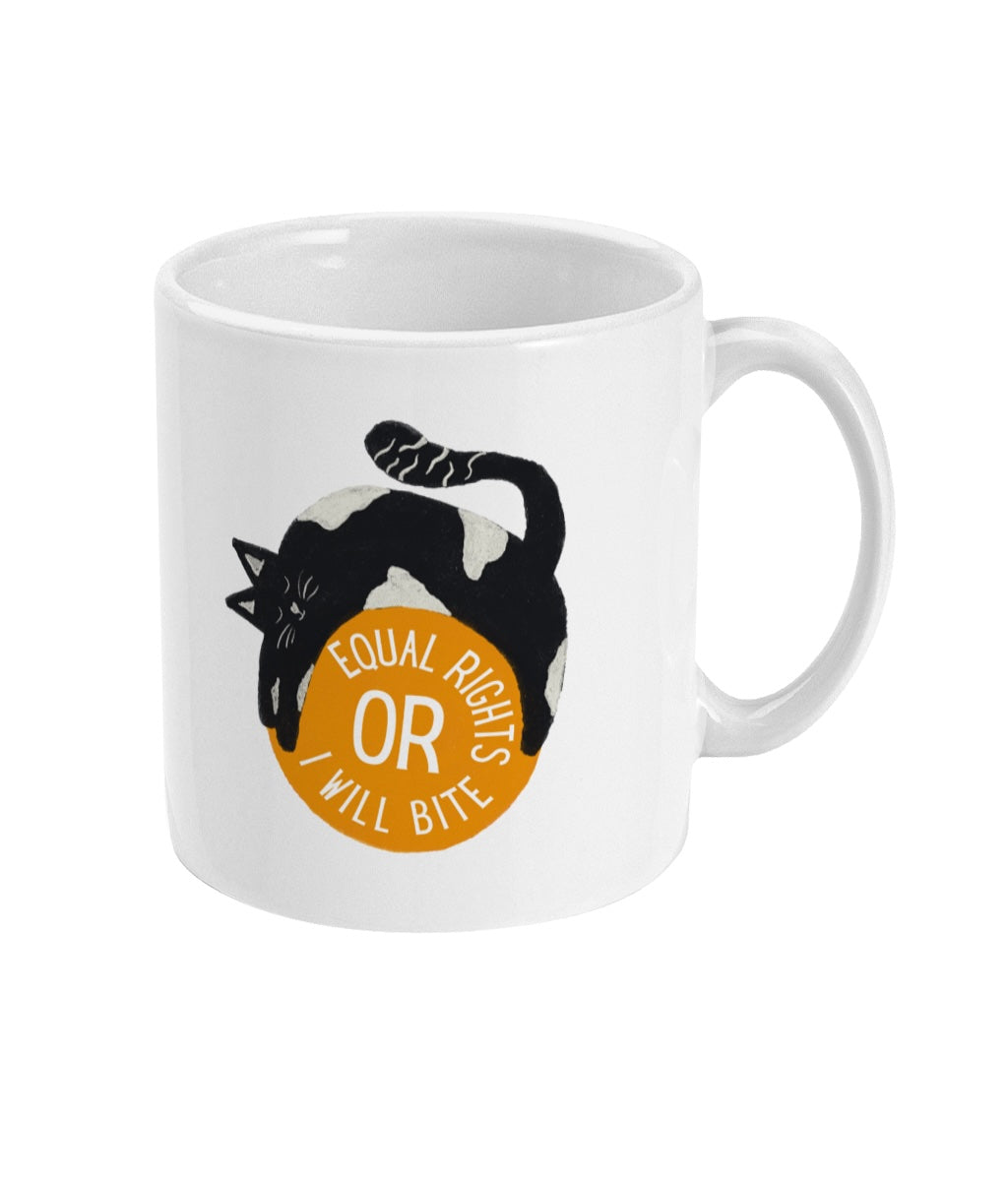
0 comments